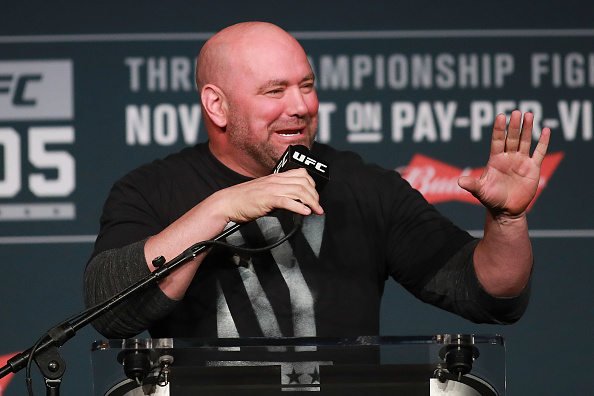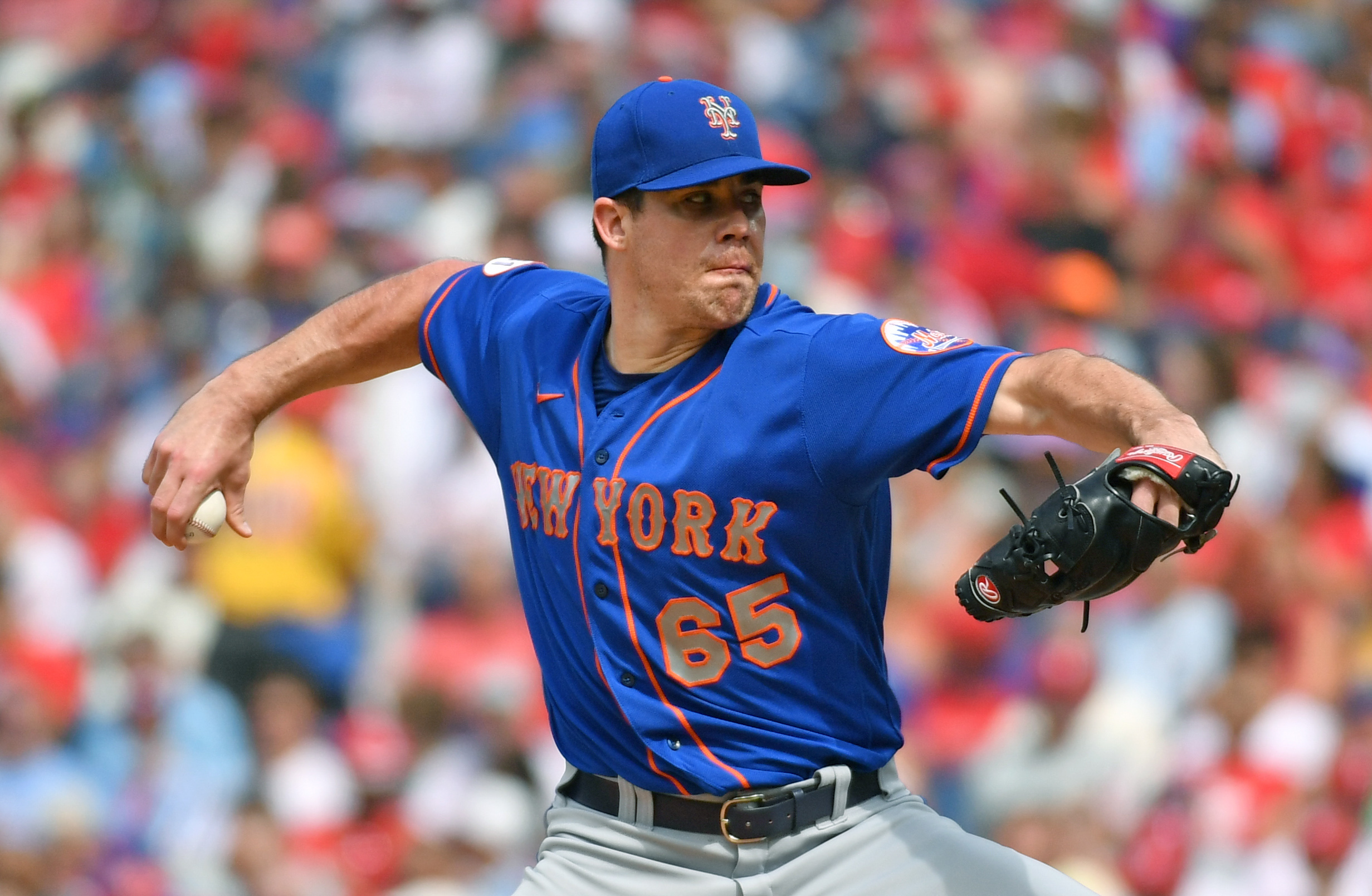The “E” in ESPN stands for entertainment. The Entertainment and Sports Programming Network is in the business of keeping the broadcasting dollars rolling in. That’s what keeps the lights on in Bristol.
The Worldwide Leader’s vast platforms inform and promote everything that comes across its airwaves. But what do you do when one of your business partners does something publicly awful? So far, ESPN’s curious strategy with UFC President Dana White has been to largely downplay it and possibly hope you’ll forget about it.
ESPN has offered minimal coverage of a physical altercation between White and his wife. A video showed Anne White slapping her husband and Dana retaliating with a strike of his own, followed up by seemingly shoving her to the ground. In response to the incident, White has said: “You’ve heard me say for years, ‘There’s never ever an excuse for a guy to put his hands on a woman,’ and now here I am on TMZ talking about it.”
Since then, you haven’t heard much about it on ESPN. A network with the resources to extensively cover a major story has been relatively silent. From the outside looking in, you have to wonder if the network is making a business decision to protect the money by avoiding this topic. That’s the question former ESPN columnist and anchor Jemele Hill asked in a critical column of the network’s lack of a substantive response at The Atlantic.
Earlier this week, ESPN writer and editor Jeff Wagenheim gave voice to that theory. He wrote in a series of tweets that there was an unofficial sentiment inside ESPN not to criticize White or UFC because they were a business partner.
ESPN isn’t alone in burying its head in the sand. TBS still plans on airing Power Slap: Road To The Title, a reality television series about White’s new sports league. Power Slap is a partnership including UFC and Endeavor where opponents literally slap each other. The only significant response to the White’s incident? Delay the broadcast a week.
This lack of action by ESPN, TBS, and Endeavor reflects a sad reality. We can’t expect large companies to do more than the bare minimum unless they are shamed into it or advertisers start pulling dollars. Some won’t do what is perceived as “the right thing” unless it potentially impacts the bottom line. Some see outrage as temporary and cash as permanent.
There is a cost to this terrible approach, especially for a broadcasting giant like ESPN. When you don’t do journalistic due diligence on a news story, you risk credibility. If any other major sports commissioner were caught on camera the way White was, ESPN would be blanketing viewers with coverage. But they are clearly treating him differently. White’s disdain for journalism is well documented, and it seems like ESPN doesn’t want to get on the wrong side of this particular business partner.
Stephen A. Smith addressed the video of Dana White slapping his wife pic.twitter.com/HwuGAjXnxi
— Awful Announcing (@awfulannouncing) January 4, 2023
Domestic violence is an issue that requires serious and sensitive news gathering. ESPN has the power to elevate nuanced discussions about this important subject matter. But by minimizing and avoiding talking about an alarming video that millions have seen, they are doing a disservice to their viewers as well as the public good.
On First Take, Stephen A. Smith and Molly Qerim downplayed the incident and both referred to White as “a friend.”
There are inherent conflicts of interest everywhere at ESPN as well as other new media corporations. It’s often a difficult position to report or comment on people with whom you have a business relationship. But you must take serious matters seriously. If Smith and Qerim weren’t comfortable, then someone else should have done the talking. ESPN has access to so many talented, insightful, and determined journalists and they have the capability to hold business partners accountable. That was on display just this week when Don Van Natta took the NFL to task over their lack of transparency surrounding decisions made during Damar Hamlin’s health crisis last Monday.
What’s at risk is that people stop looking at ESPN as an esteemed worldwide leader and start looking at the network as a tone-deaf cheerleading megaphone for its broadcast partners.







